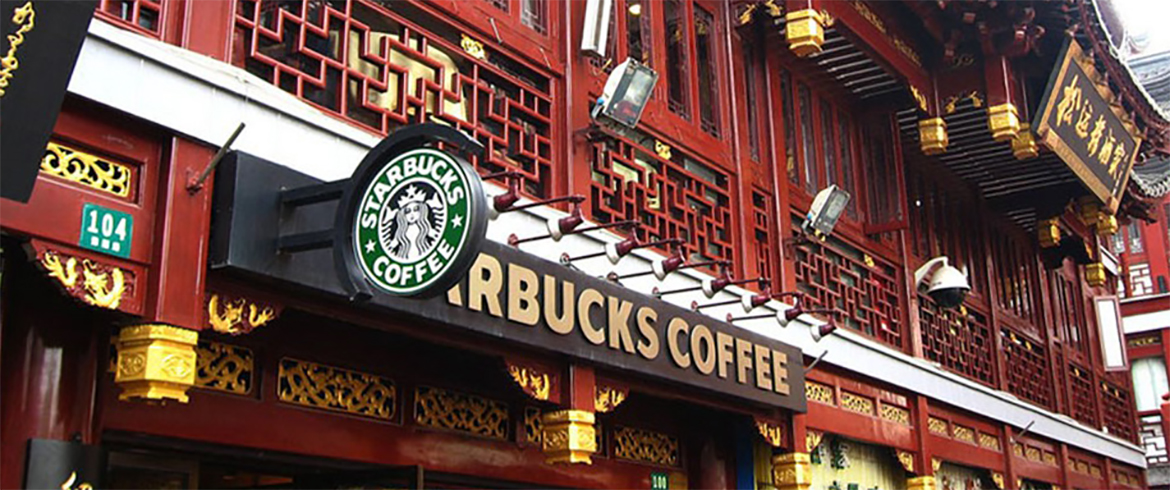Why Can’t The Worldwide Retail Chain, Muji Succeed In China?
As one of the popular retail chains in Japan with over 200 locations in China, the brand have been actively promoting in 2018.
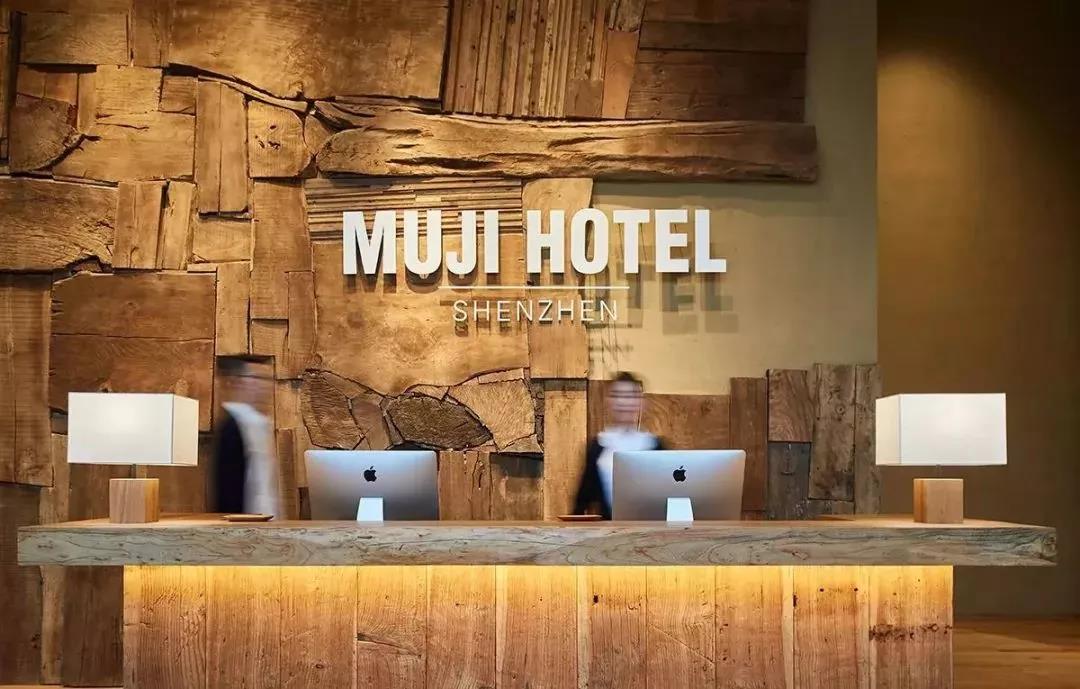
Firstly, Muji have opened their first hotel locations in January 18th in Shenzhen in China, bringing in several creative and innovative changes. Additionally, with the price reduction for 25% for the eight time, along with Alipay and Wechat payment online as well as offline.
These changes signify one of the largest changes in this industry for Muji since the year 2000, shifting the brand into new retail
The Downfall of Muji
As one of the miracles of retail chain in Japan, Muji have been operating since 10 billion debt to a revenue of 1410 billion dollars, dominating the retail chain industry. However, their journey to expansion in China have not been smooth.
In 2005, Muji entered the Chinese market, rapidly growing until 2016. Every year, Muji have been launching 20 to 30 new locations every year, with 230 locations as of January of 2018.
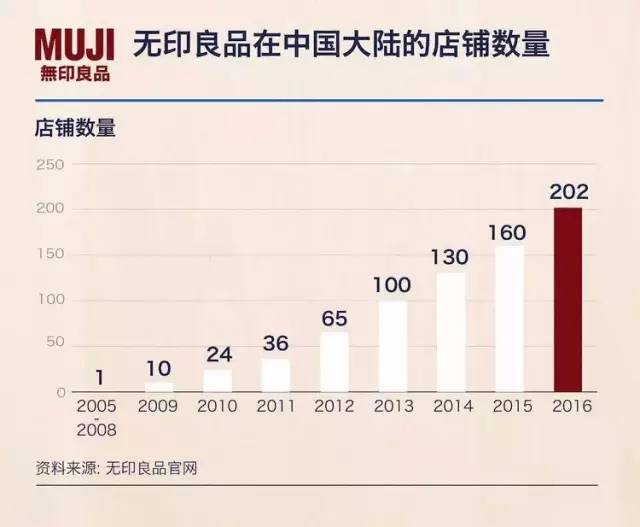
*Above graph displays the total numbers of location established with the according years
In comparison to the rapid expansion of Muji, the performance of Muji have slowed down quickly, showing signs of regression since 2015. Looking at the quarterly sales report of 2015 the sales growth from the first quarter at 38.6% have fallen to 9.75% in the 4th quarter.
Although Muji have implemented several price changes and promotions, according to the third quarter report in 2016, the same store sales growth has regressed to 0.8% with approximately 5% in the first and second quarter. Fast forwarding to the report released in October of 2017, Muji have only received 1.8% same-store sales growth.
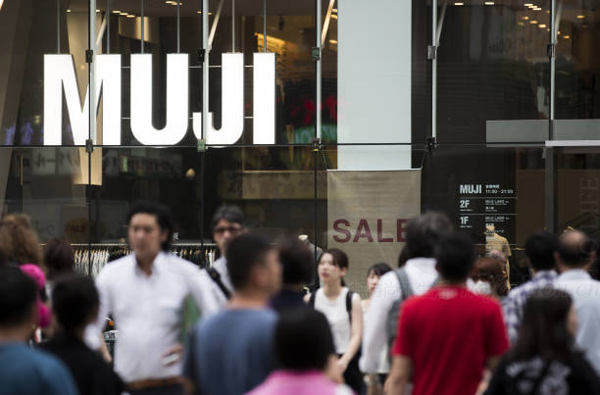
Unfortunately, the price-cutting strategy have not fully captivated the Chinese consumers, the Muji that’s deemed successful across multiple countries have hit a downfall in China, with the brand transformation approaching.
What Caused The Slowing Of Muji?
Product Pricing
In 1980, Muji promoted the brand as “Reasonably Cheap” in Japan, through improved processing, simplified packaging and cost-effective as the main philosophy found great success in Japan.
Soon after when Muji entered the Chinese market, the brand has repositioned itself as an “Affordable luxury” brand targeting the middle-class population. The pricing of goods have overturn the perception of daily goods from Japan with mugs priced at $80 RMB and stools price as high as $1000 RMB.
The pricing strategy used by Japan for China is using the price of Japanese yen divided by 10, causing the prices in China to be double of the prices in Japan. For example, the wooden stool sold for $1000 RMB in China is sold for 10,000 Yen in Japan, approximately $560 RMB. This price difference has led to a fierce discussion, such as “why is this wooden stool priced at $1000 RMB”.
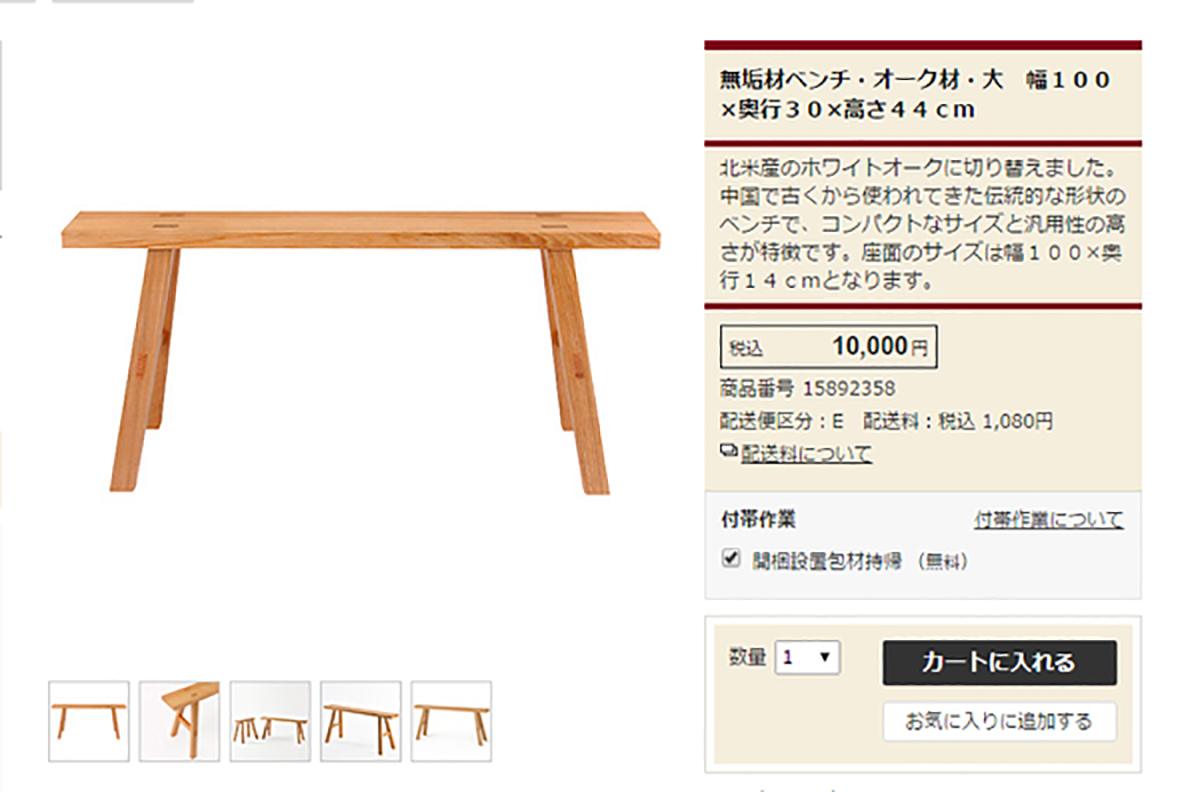
The contributing factor for the huge price difference between the two countries is the variable costs. Previously, a necessary warehouse in China have not existed, with the 17% Value-added tax (VAT), purchasing power, geographic locations for the stores have caused for the higher price tags.
A brand exists on the sidewalks, convenience stores and subway in Japan well-received by housewives to white-collars, is built in the main shopping area of China consumed by middle-class or young consumers with the high price tags causing rickets.
The Increasing Competitions
With the higher pricing of Muji, similar competitions have made an entrance in the industry. Brands such as, Yan Xuan, Xiaomi Youpin, Miniso as the strongest competitors.
Yanxuan, an ecommerce platform, have announced that the brand merchandises products manufactured by the same manufacturers of Muji in China. Thus, the same quality of products for half the price of Muji, have captivated the consumers and rapidly grown.
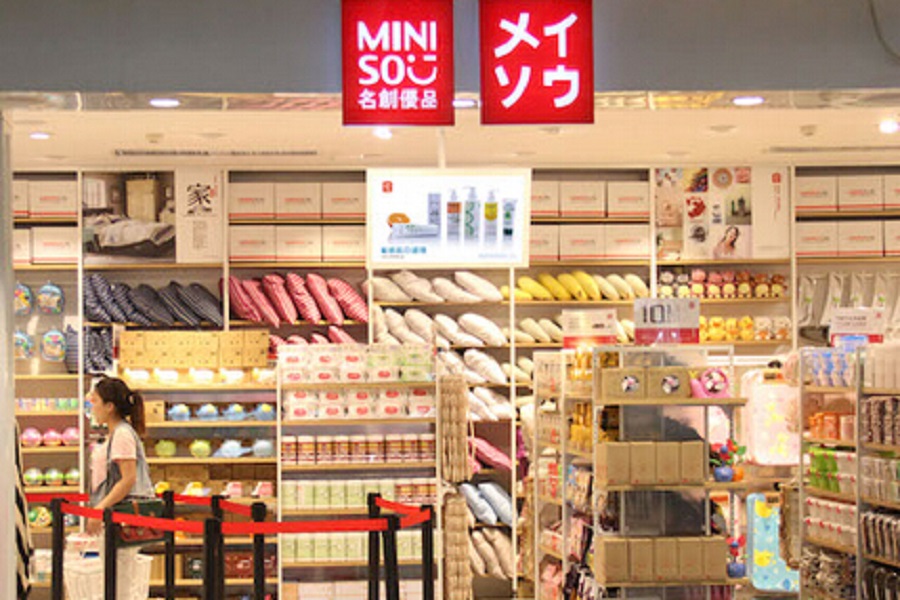
Other brands such as Xiaomi Youpin and Jingzao have utilized the ecommerce platforms to compete for market share. There is also the “Good” brand in Tmall launched by the ecommerce giant, Alibaba.
Miniso on the other hand focused on offline sales have been well-received by the consumers, through their supply chain, marketing, and improved channels to outcompete others. Although the quality of the products aren’t high, the lower price rags and variety of products have grown into a brand with 1400 locations within just a few years.
The unique concept of simplicity from Muji can be easily replicated by competitors, and these competitors can quickly override Muji with lower pricings with similar quality. With the growth of these imitating brands, the overall expansion plan of Muji in China have been greatly affected.
Unclear Positioning
As a retail chain focused on lifestyle, the variety of products in Muji have blurred the focus away from the consumers with 7000 SKU (Stock keeping unit) surpassing the 1000 SKU from Uniqlo with six times the revenue and over 500 locations in China.
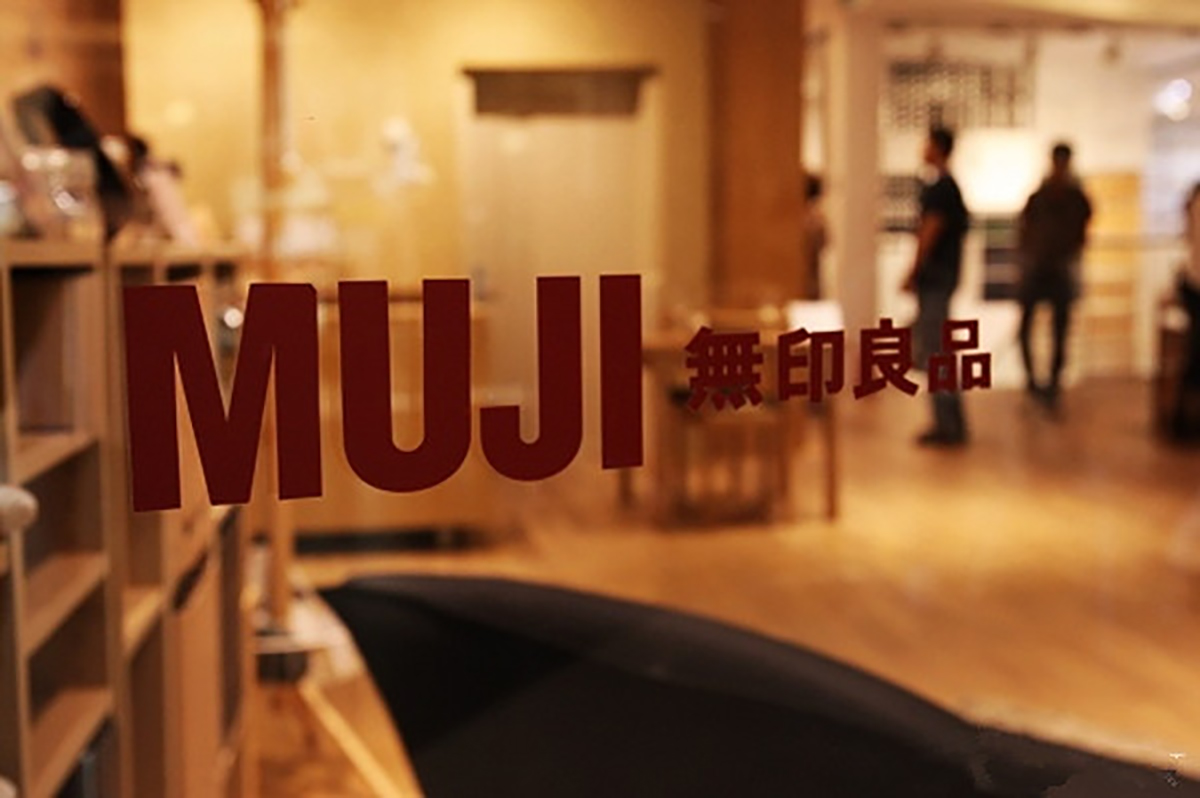
The unclear brand positioning of Muji is one of the larger aspects for its downfalls.
Uniqlo have positioned the brand at affordable clothing, where customers that want to buy clothes will have Uniqlo as the first option. Muji on the other hand is a store that customers would walk in mindlessly when shopping, the conversion rate between the two brands are significantly different.
A business unclear of its brand type is harder to make an impression for customers, because the brand is unable to stand out among the all the other brands. Although the product design from Muji is unique, but also quite singular. Under the different options of brands available, Muji doesn’t stand out, unless the customers are loyal.
Challenges
How to compete in New retail
With the development of commodity economy, Muji following the development trend have shifted gears to “New retail”, but the journey is not as easy as it seems.
New retail is a term coined by Jack Ma to define the unified interaction between online to offline world.
In the competition for new retail, Alibaba, Tencent and other giants in the industries have occupied a large share of the market. Muji, who have entered the competition later will encounter difficulties in competing in the market.
Secondly, Muji may be uncapable to following the development speed of new retail and completely transform the business.
Even though Muji have simplified the payment, registration system to improve customer experience and efficiency after transforming to new retail, Muji have not completely transformed to new retail. While Muji is not completely digitize and the lack of an seamless offline and online interaction, the lack of research for large data, technologies and artificial intelligence have not matured. Thus, the outlook for Muji is not optimistic.
Conflicts After Price Reduction
After shifting to the new retail model, Muji have reduced the prices of their products several occasions, causing several problems such as product label, quality, product repairing and more, leading to many questions of Muji from consumers.
According to the National enterprise credit information publicity system, there are eight stationary products, such as colored pens and water-based pens sold by Muji do not have manufacture dates labelled, failing to meet the products standard policies.
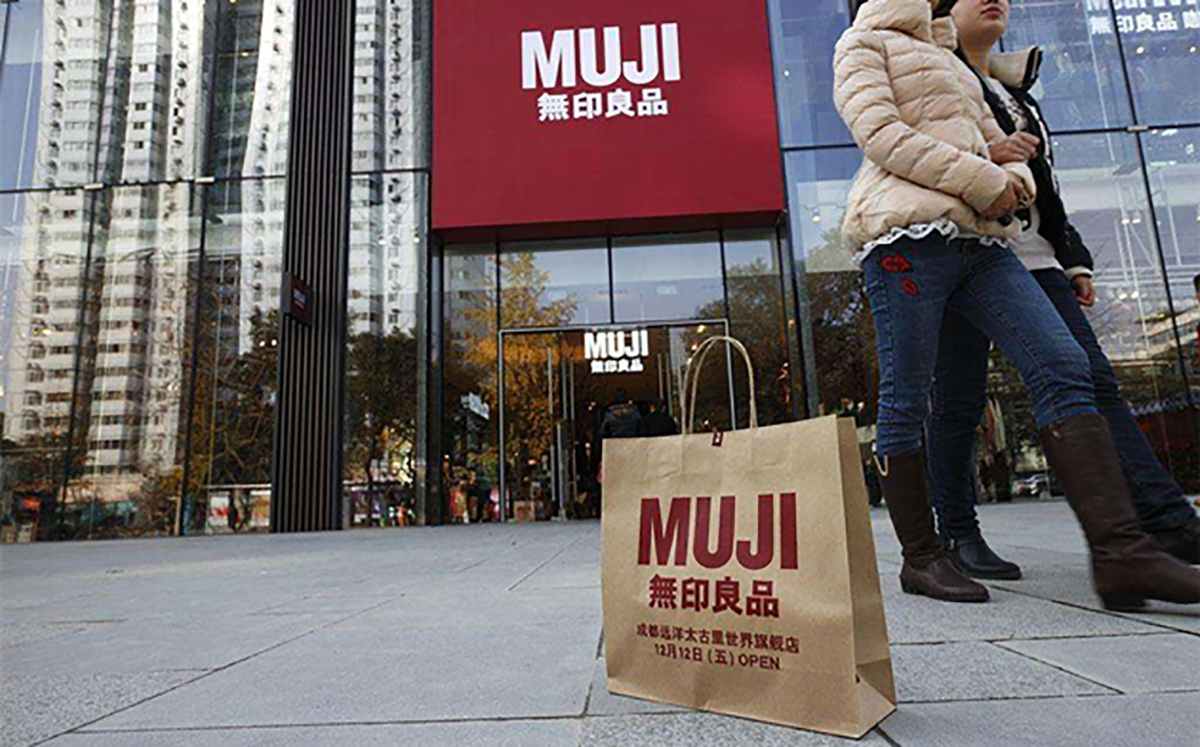
Muji also have been penalized for violating advertisement regulations and failing to meet the product standards.
The national enterprise credit information publicity system show that Muji in Shanghai and Beijing have been penalized four times for product quality issues in 2017.
Aside from these issues, it is a fact that the price reduction can help increase sales over short-term period. However, constant price reduction cannot revive the regression of sales, as it is also not a long-term solution for the brand. It can also cause the brand to the price reduction cycle because Muji lacks factors to outcompete other brands and competitors in the industry.
The Lacking
Another negative aspect of Muji is their lack of new releases for products. Previously, Muji have many innovative product designs, such as the rice cooker in 2002, wall mounted CD player in 2004, right angle socks in 2006, accessor-able umbrella in 2006 and more.
The mounted CD player was one of the most innovative products at the time, however, after the release of MP3 replacing CD players, Muji have not taken the insight for consumer behaviour to bring out new products, as well as product analysis to compete for more consumers.

The lack of product releases, product designs, and popular products led to the loss for market share against other competitors in the industry. With the change of consumption and age, Muji must consider how to bring in new consumers while avoiding the loss for old consumers while converting through new products.
Attempting An New Path
After the price adjustment, Muji also brought in customized services to attract new consumers. For example, Muji launched the first customizing embroidery service in Beijing, as well as Shanghai and Chengdu in attempting new business.
Aside from the new hotel locations, Muji have been investing in multiple industries attempting new businesses to increase revenue. There was Café & Meal Muji, then Muji Diner in Shanghai, and also bookstores.
In the rapid changing market of China, the ambition and anxieties of the brand can be seen. However, only time will tell if Muji is suitable for the Chinese market to meet the demands of the consumers.







